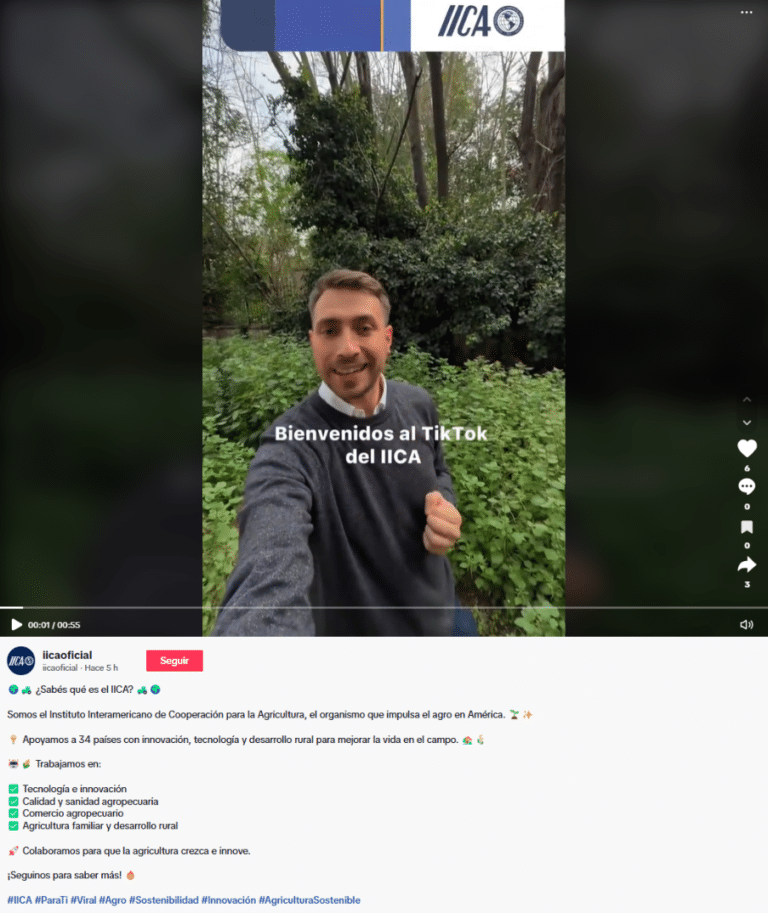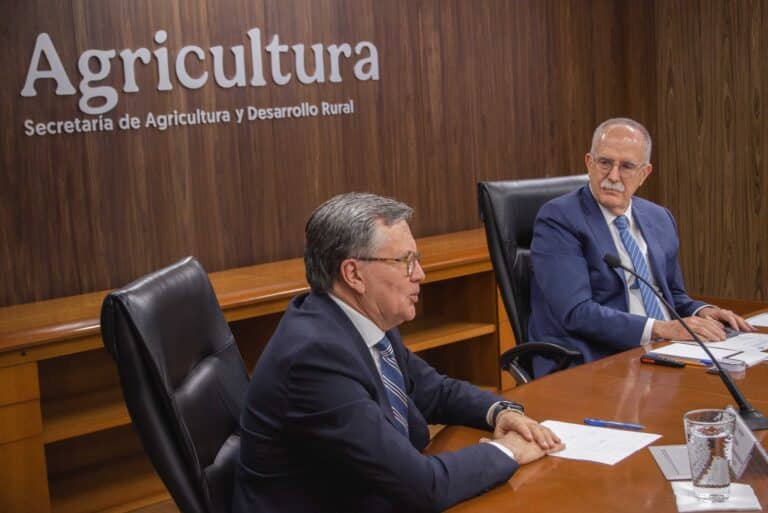IICA encourages its member countries to avail themselves of its technical capacity to develop systems for climate risk management in agriculture

San Jose, Costa Rica, August 19, 2014 (IICA). The agricultural sector in Latin America and the Caribbean (LAC) must carry out a number of tasks to adapt to climate change. One of the most important is the incorporation of risk management into agricultural planning in order to address, anticipate and prevent the impact of disasters associated with weather events.
At a technical forum organized by the Inter-American Institute for Cooperation on Agriculture (IICA), Allan Lavell, a consultant with the Latin American Faculty of Social Sciences (FLACSO) explained that prospective risk management techniques should be used in the region’s agriculture to safeguard the economic and social contribution that the sector makes to the countries, and to strengthen the population’s food and nutritional security.
“Prospective risk management can have political costs, as it calls for the promotion of policy frameworks for prevention, but it is always cheaper than the corrective actions implemented after disasters have occurred, which are extremely expensive,” Lavell pointed out.
According to IICA specialist David Hatch, the LAC countries need to move quickly to gain a grasp of the climate risks faced by agriculture, in order to implement the most adequate responses.
“Climate change is not a future event; it is already a reality. IICA’s member countries can avail themselves of its capabilities for strengthening the comprehensive management of agricultural risks, which should be addressed in an expeditious and realistic way,” Hatch observed.
The FLACSO consultant explained that disaster risk management in LAC had focused on the negative effects but that it also offered opportunities: “The risk of disasters is a social construct, for example, through deforestation and farming on hillsides, inappropriate soil use and the lack of resources for management and development, but risks can be managed with technology, science and correct social behavior.”
Lavell cited some of the risk management measures that could be used in agriculture, such as environmental and watershed management, area-based organization, poverty reduction and improvements in governance, early warning systems, emergency plans, and agricultural insurance.
“Climate change poses new challenges for risk management, such as uncertainty. For that reason, the adaptation of agriculture to the new conditions should be based on a thorough knowledge of the processes that occur in the countryside,” the consultant added.
Lavell’s presentation was webcast from IICA’s Headquarters in Costa Rica to the Institute’s 34 member countries.
For further information:
david.williams@iica.int
david.hatch@iica.int











